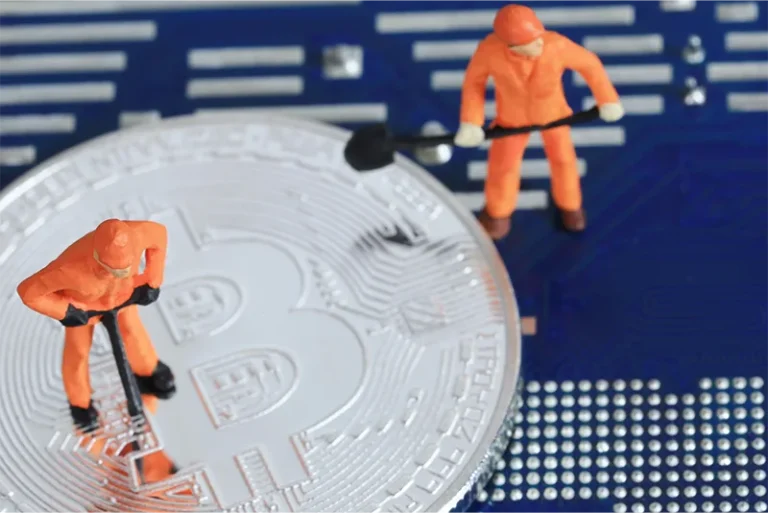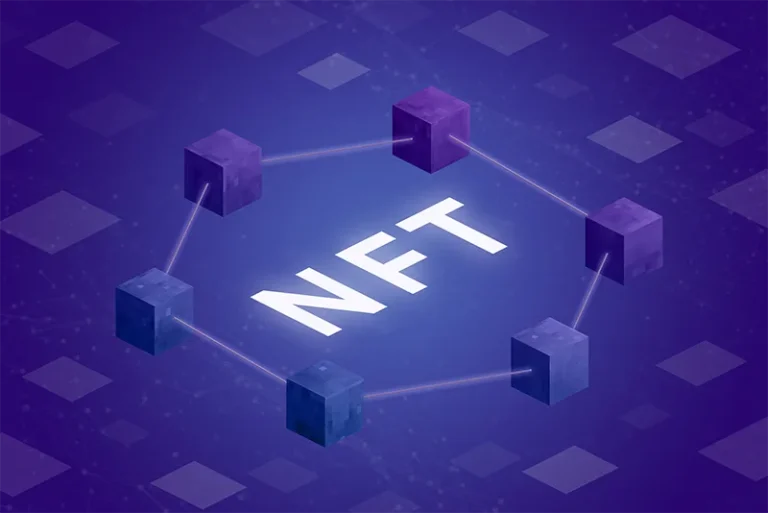
T7X Team
3 December, 2024
Tokenizing real-world assets (RWAs) offers transformative benefits for both businesses and investors, reshaping traditional asset management and investment landscapes. Tokenization is the process of creating digital representations, or “tokens,” of physical assets on a blockchain, allowing for fractional ownership and streamlined transferability. By bridging the gap between tangible assets and blockchain technology, tokenization enables new opportunities for liquidity, accessibility, and transparency. These advantages can significantly enhance investment options for individuals and businesses alike, democratizing access to high-value assets and introducing new efficiencies across industries.
Benefits for Businesses
For businesses, tokenizing RWAs provides a way to unlock asset value, improve capital efficiency, and reach a broader investor base. Here are some key benefits:
1. Increased Liquidity and Capital Efficiency: Tokenization can help businesses improve liquidity by enabling assets that are traditionally illiquid, such as real estate or fine art, to be bought and sold in smaller fractions. By dividing a high-value asset into multiple tokens, companies can open up ownership to a larger group of investors, allowing for partial sales rather than waiting for a single large buyer. This helps businesses raise capital faster and provides a way to monetize assets without having to sell them in their entirety.
2. Broader Access to Capital: Tokenization democratizes the investment process, allowing businesses to reach investors from around the world. Unlike traditional finance, where funding options might be limited to local or accredited investors, tokenization makes it possible to access capital globally. Businesses can issue tokens to a much wider audience, potentially raising more funds and reaching niche investor groups interested in specific asset classes.
3. Lower Transaction Costs and Operational Efficiency: Blockchain technology can reduce costs associated with asset management and transaction processing. By automating ownership tracking and transfers via smart contracts, businesses reduce intermediaries and administrative overhead. Each token’s ownership history and rights are permanently recorded on-chain, streamlining due diligence and compliance.
4. Increased Transparency and Security: Blockchain provides an immutable, traceable record of ownership. Each transaction and transfer is publicly verifiable, reducing fraud and manipulation. This transparency builds trust with investors and regulators, while decentralized security lowers hacking and data breach risks.
5. New Revenue Streams and Business Models: Tokenization enables fractionalized ownership and revenue-sharing. Examples include tokenized properties distributing rent, art shares enabling resale royalties, or tokenized renewable assets where investors fund and profit from green projects. Businesses can experiment with innovative models and monetize assets more flexibly.
Benefits for Investors
Investors benefit from tokenized assets through increased accessibility, diversified portfolios, and enhanced control over their investments. Tokenization provides investors with the flexibility to participate in asset classes that were previously out of reach.
→ Greater Accessibility and Fractional Ownership: Tokenization lowers barriers by allowing purchase of small fractions of high-value assets, enabling broader participation in areas like real estate and art.
→ Improved Portfolio Diversification: Investors can gain exposure to more asset classes (real estate, commodities, artwork, infrastructure), reducing risk via diversification across types, markets, and industries.
→ Enhanced Liquidity and Flexibility: Tokens can be traded on digital marketplaces, allowing faster entry/exit compared to traditional illiquid assets, and enabling quicker response to market changes.
→ Transparency and Trust: On-chain records provide verifiable ownership and transaction history, reducing reliance on intermediaries and lowering risks of fraud and mismanagement.
→ Lower Transaction Costs: Fewer intermediaries and automated processes reduce fees and administrative costs, helping investors keep more of their returns.
→ Access to New and Niche Markets: Tokenization opens opportunities in fractionalized art, exotic real estate, and renewable energy projects—often inaccessible via traditional channels.
Potential Challenges and the Future of Tokenization
While tokenization offers substantial benefits, challenges remain. Regulatory frameworks are evolving and differ by jurisdiction, creating compliance complexity. Platforms must maintain strong cybersecurity to protect investor assets, and market education is needed to build trust and adoption.
Looking ahead, tokenization is poised to reshape financial systems. As more assets become tokenized and standards mature, businesses and investors will gain broader access to global markets, advancing financial inclusion and market efficiency.
By democratizing access to high-value assets, enhancing liquidity, and enabling diversified portfolios, tokenized RWAs provide meaningful benefits for both businesses and investors. With growing blockchain adoption and clearer regulations, tokenization is set to become a foundational element of modern finance.
Conclusions
Tokenizing real‑world assets creates tangible upside for both sides of the market. Businesses unlock liquidity from illiquid holdings, reduce operational friction via programmable smart contracts, and reach a broader, global investor base. Investors gain fractional access to high‑value assets, improved diversification, faster secondary‑market exits, and on‑chain transparency that strengthens trust.
Real adoption still requires clear regulatory frameworks, secure custody and contract design, and thoughtful valuation and reporting standards. With those guardrails in place, tokenization becomes a practical path to better capital formation for issuers and better portfolios for investors—bringing more efficiency, access, and accountability to how real‑world value is financed and owned.
Search here
Related post
Category
Let's Build the Future Together.




